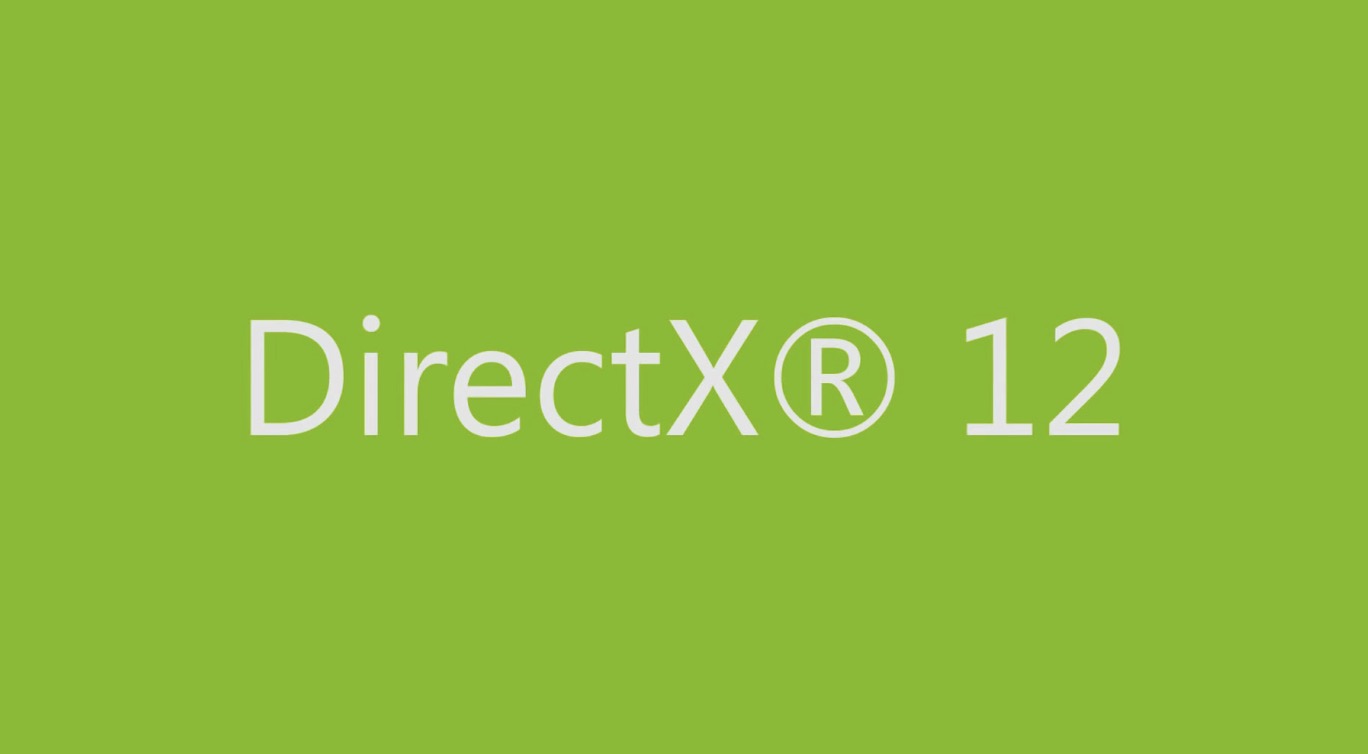DirectX is Microsoft's name for a family of application programming interfaces designed to speak to multimedia programs, such as music and video players. The DirectX family includes Direct3d, DirectMusic and DirectPlay and the "X" stands in for the name of the individual program. In addition to applications in the Windows operating system, Microsoft also uses DirectX in its Xbox video game system. Older versions of DirectX may not work with newer multimedia applications. If you find yourself receiving errors in your multimedia programs, you may need to check your Direct X version to determine if you are up-to-date.
Find DirectX Version on Vista
Click on the Windows icon in the bottom left corner of the screen.
Type “Dxdiag” in the space labeled “Search Programs and Files.”
The DirectX Diagnostic Tool window will launch.
Click on the “System” tab.
The tab may be the first to present when the DirectX Diagnostic Window opens. If not, it should be the first tab on the top left.
Look on the system tab for a section labeled “System Information.”
Scan down to the bottom of the list for a section labeled “DirectX Version” where you should see your version.
Click the “Exit” button in the DirectX Diagnostic tool to close the window.
Find DirectX Version on a Pre-Vista Operating System
Click on the Windows “Start” button.
Select “Run” and type “Dxdiag.”
This will open the DirectX Diagnostic Tool.
Click the “DirectX Files” tab.
This tab should show the version for each individual DirectX application.
Click “Exit” to close the DirectX Diagnostic window.
Tips
- Windows Vista should have DirectX 10 or above. The latest version, as of May 30, 2011, is DirectX 11 which is standard on Windows 7. Microsoft released DirectX 11 version 6.01.7601.17514 as part of service pack 1 for Windows 7 and Windows Server 2008 R2 on February 16, 2011.
- Windows Update downloads and updates DirectX automatically as part of the service pack updates. You can download the latest DirectX version from Microsoft Windows Update or from the downloads section of the Microsoft Windows website.
